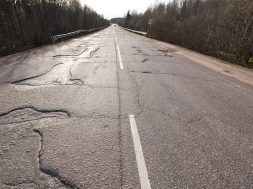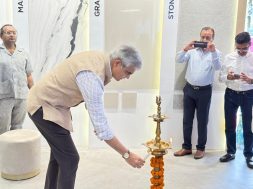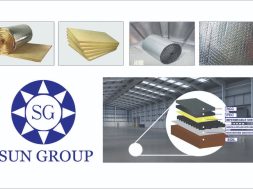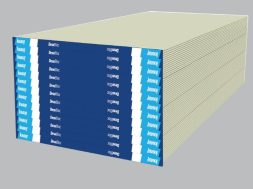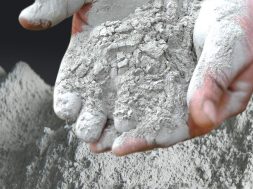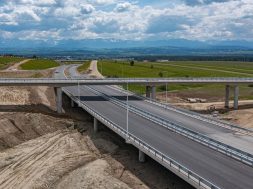BMC and IIT Bombay to enhance road maintenance skills
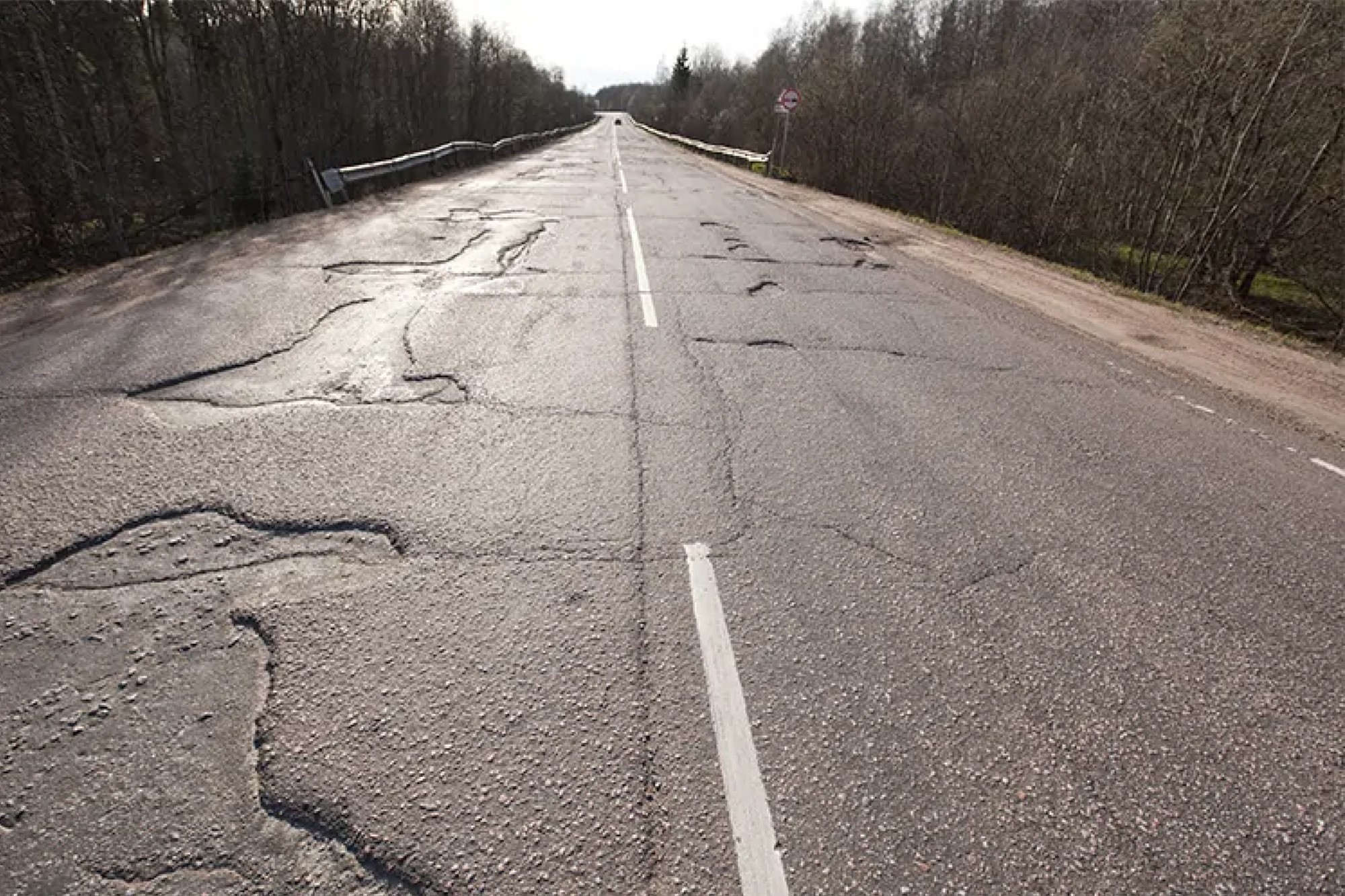
For the first time, the BMC and specialists from IIT Bombay are working together to train more than 300 civic road engineers in the technical facets of road upkeep.
To improve the quality of roads, the BMC has partnered with specialists from IIT Bombay for the first time to provide over 300 civic road engineers with technical training on road maintenance. The IIT specialists have recommended that the BMC establish specialised teams and use a concrete polymer to maintain and repair roads in the future.
At the IIT-B in Powai, 150 civic engineers participated in a one-day brainstorming session. The main goals of the workshop were to ask BMC engineers to address any questions that came up during the cement concreting road operations and to address any difficulties that were encountered.
Civic chief and administrator Bhushan Gagrani emphasised the need to work with organisations like IIT Mumbai and the need to have good roads for the general public. He went on to say that these cooperative efforts will boost public confidence in the BMC’s ability to meet Mumbai’s future demands.
The extra municipal commissioner, Abhijit Bangar, emphasised the significance of meticulous planning and execution by engineers to guarantee the absence of technical and quality faults. Bangar highlighted the advantages of the workshop and the objective of making road cement last at least 20 years instead of the standard defect liability period of 10 years. To accomplish this goal, he urged every engineer to actively participate in the workshop.
The workshop’s engineers explored the real-world challenges that arise when cement-concrete road projects are implemented in Mumbai.
They talked about a variety of difficulties, such as transportation trucks carrying cement and gravel and the distance between ready-mix concrete (RMC) facilities; they also talked about the effects of traffic jams and local weather.
They also emphasised how the environment and traffic in Mumbai contribute to lower water levels in the cement-gravel combination. The engineers observed the difficulties in traversing the city’s network of manholes and getting approvals from the traffic police for road construction projects. Increasing the amount of concreting done at night is one possible solution that professors from IIT Mumbai suggested for problems like humidity and traffic congestion.
Professor K. V. Krishna Rao of IIT Bombay’s civil engineering department stressed the value of employing up-to-date soil test data and choosing technology that is appropriate for Mumbai’s climate and traffic patterns. Rao also discussed the significance of the BMC creating specialised teams to implement polymer concrete and other alternatives for upcoming crack maintenance and repair projects.
To maintain the longevity and quality of roads, Rao emphasised the need to follow best practices and standards for expansion joints, pointing out that well-designed expansion joints can greatly increase the lifespan of roads. In addition, Rao provided advice on the technologies to be used to solve problems such as expansion joint cracks, long joint lengths, and different traffic levels. He also discussed the benefits of using a variety of testing techniques to guarantee road conditions.
Additionally, from IIT Mumbai, Dr. Solomon Deberna talked about the reasons behind cement and concrete road cracks and suggested possible fixes. He advised on the best ways to handle various kinds of cracks and suggested technology that can be used to lessen cracking on these kinds of roads.
When working on internal cement concreting road projects in Mumbai, the BMC engineers expressed worries about tree blockage and asked for advice on how to mitigate the situation. To solve this problem, Rao suggested putting into practice methods developed by gardening specialists that have scientific support.
Cookie Consent
We use cookies to personalize your experience. By continuing to visit this website you agree to our Terms & Conditions, Privacy Policy and Cookie Policy.
